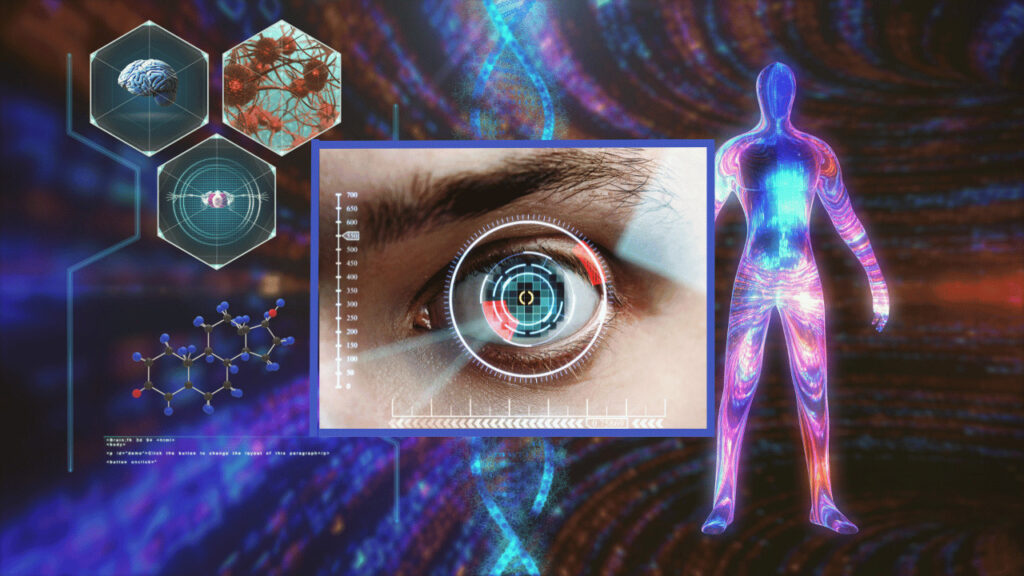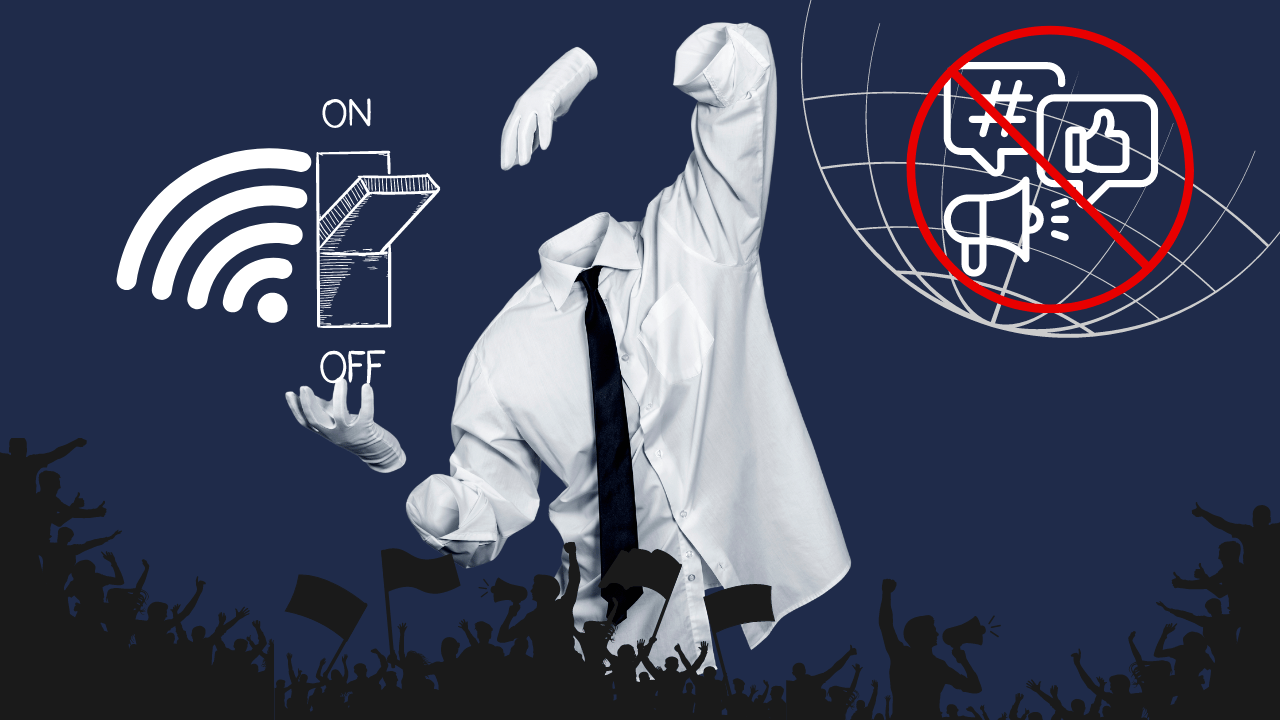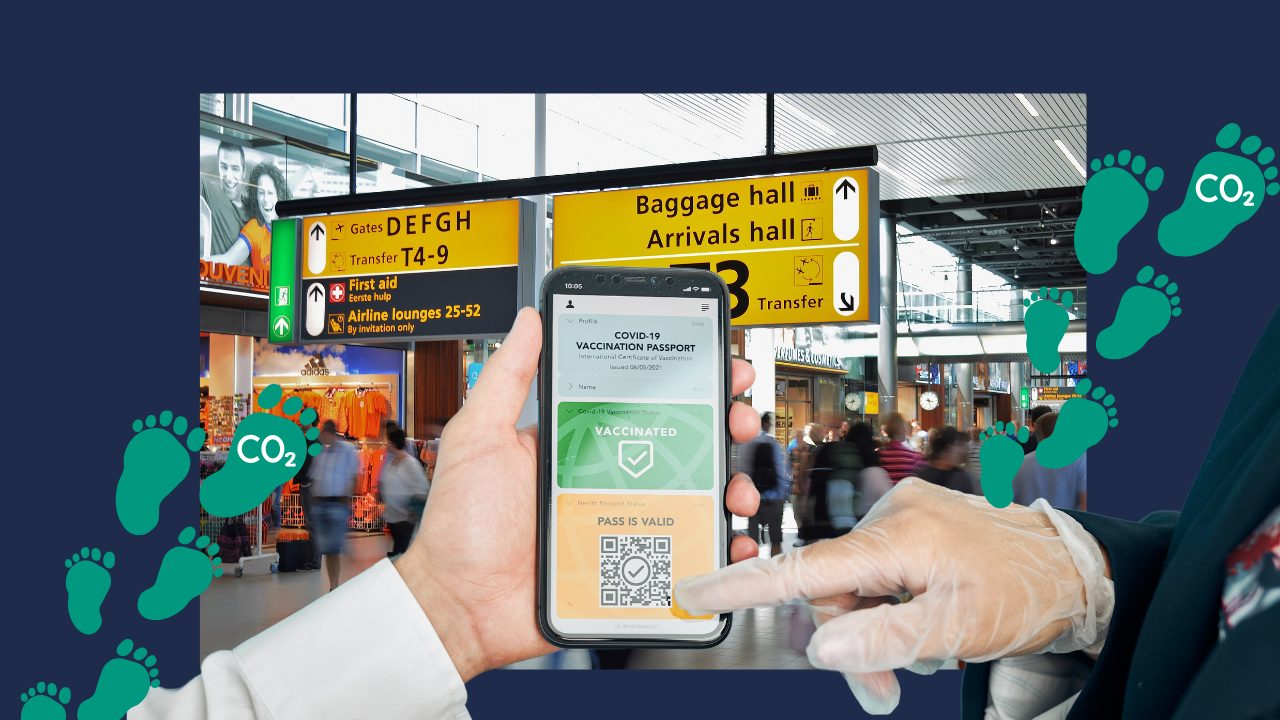Biometric data is a fingerprint and cannot be altered. The possibility of restoring this privacy is very difficult and opens the door to obtaining highly sensitive data.
In Argentina, Berlin, Madrid and Barcelona people queuing up to have their irises scanned have gone viral. Worldcoin has been active in Argentina for months with these machines called Orb, manufactured in Germany.
The iris is like the fingerprint and encompasses unique and irreproducible biometric data that identifies each individual in humanity.
The World Coin Tour (as Adaro calls it) aims to “target” the digital future by identifying people from the bot, the machine. If someone gains possession of this data, they can replace identity or access bank accounts. It’s a race among AI technologists to see who gets the data of the entire world.
Understanding the Iris
While fingerprints and facial recognition are widely known, the iris, with its distinctive patterns and features, has become a central element of identity verification.
The iris is the colored part of the eye that surrounds the pupil. It consists of a unique pattern of lines, ridges, and crypts that develop during fetal development and remain relatively stable throughout life. This uniqueness makes the iris an ideal candidate for biometric identification.
In iris recognition, also known as iris scanning or iris authentication, an image of the iris is captured and converted into a digital template. Here’s how it works:
Iris Image Capture: A special camera or scanner captures a high-resolution image of the iris.
Image Processing: The captured image undergoes several preprocessing steps, such as noise reduction, to enhance the quality and clarity of the iris pattern.
Feature Extraction: The unique features of the iris are extracted, such as the arrangement of crypts, the collarette, and various other characteristics.
Template Creation: The extracted features are then converted into a digital template, essentially a mathematical representation of the iris pattern. This template is securely stored for future comparisons.
On the contrary
Countries around the world have criticized Worldcoin, the company promising money in exchange for scanning your iris.
The demand for facial and iris data has raised ethical concerns. The action aims to ensure respect for the rights and privacy of users, as stated by the informant on the Website CiberseguridadLatam.com
This particular category of data, especially iris data, is highly sensitive and must be handled with utmost strictness and protection. Processing this type of personal data poses serious risks to user privacy, as unauthorized access to this information could lead to privacy breaches and misuse of personal data.
Concerns about Worldcoin’s methodology are evident worldwide. In Kenya, the government suspended the company’s activities after issuing a warning to citizens. In the United Kingdom, the government pointed out the lack of clarity in the Worldcoin system. Additionally, an MIT-report criticized the company for collecting more data than it claims and using tracking strategies to manipulate people willing to undergo scanning.
The company claims that the “Orb” – the device performing the scan – generates a code with this data after scanning the iris and automatically deletes the original data. This way, only the generated codes are worked with.
Upon registration, the company offers each user a sum of money in the Worldcoin cryptocurrency. In this way, it installs and promotes the use of its cryptocurrency while simultaneously optimizing the iris registration technology, which has already been offered to other organizations.
The fact that OpenAI, under the leadership of Sam Altman, is facing several complaints with data protection authorities in different countries indicates serious concerns about how the company handles users’ personal data, especially the biometric data required for the Worldcoin application.
We lead a kind of double life, an analog, physical life and a digital life that we do not perceive but that generates rights and thousands of dimensions that are not well thought out. There is a data transfer, and even if you are a European citizen, you are not protected.
If data is hacked, the company is not responsible, and although they assure that the data is encrypted in a series of numbers, the scan can identify ethnicity, race, and health.












